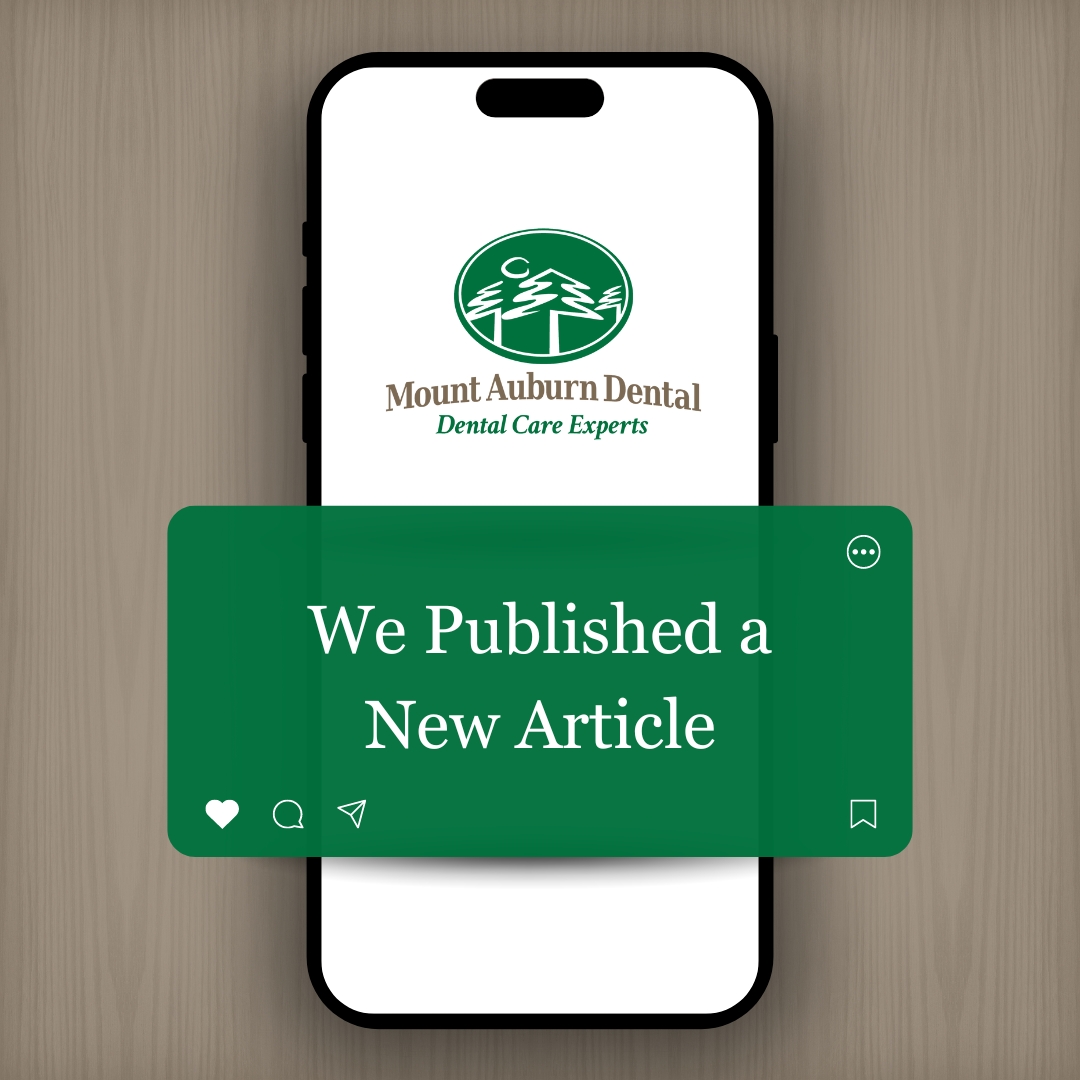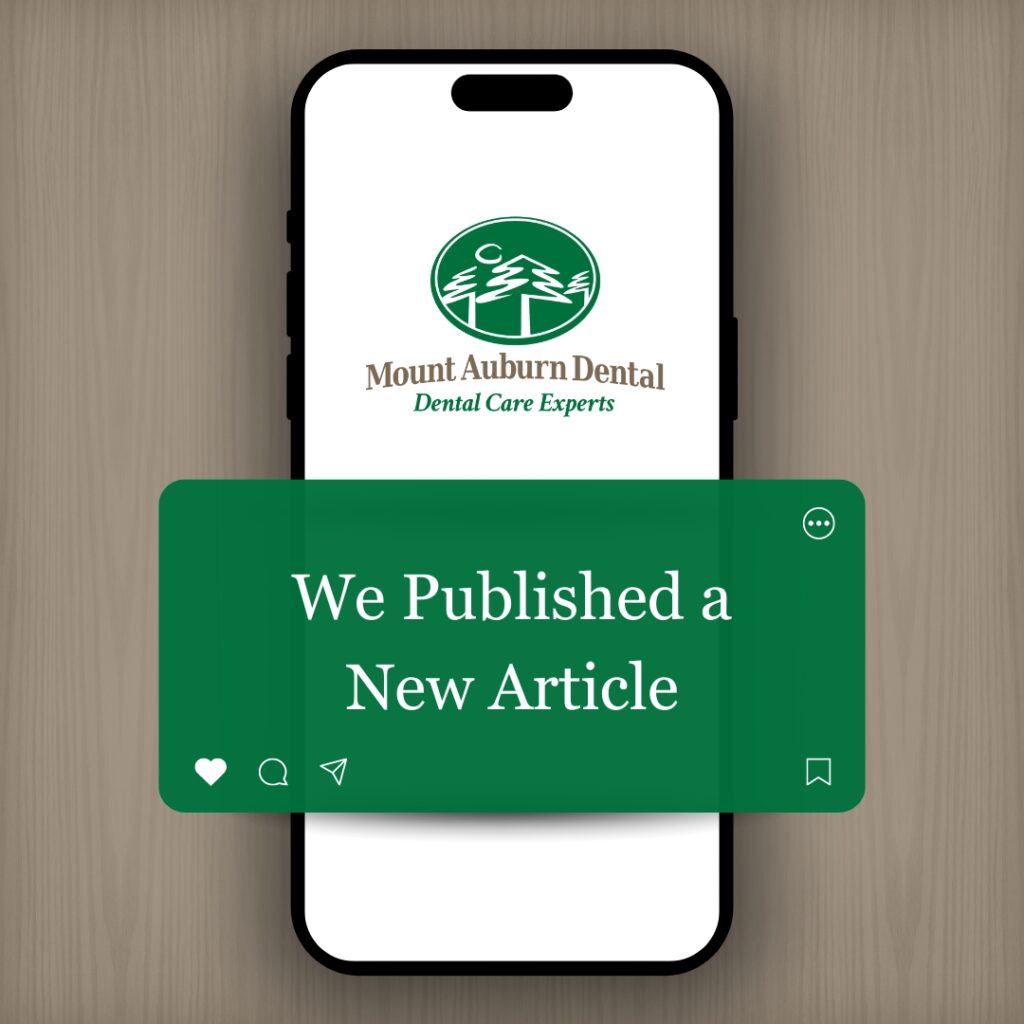

If you’re committed to good oral hygiene, you likely brush your teeth twice a day, and maybe even after meals. Regular brushing is essential for removing plaque and preventing tooth decay, but have you ever wondered, “Can you brush too much?” Surprisingly, the answer is yes. While brushing is crucial, overbrushing can harm your teeth and gums, leading to several issues.
Overbrushing refers to brushing too often or too vigorously, and it can cause problems such as dental abrasion, sensitivity, and gum recession. Here’s what you need to know about overbrushing and how to protect your smile.
Abrasion
According to dental experts, abrasion occurs when tooth enamel is worn away due to excessive or harsh brushing. This leads to the erosion of not only enamel but also the softer dentin and cementum layers beneath. You may notice shiny, worn spots on your teeth, often near the gum line, or a wedge-shaped indentation. These are common signs of abrasion and can make your teeth appear discolored, with yellow or brown areas.
Tooth Sensitivity
If the enamel is worn down due to overbrushing, it exposes the dentin, which contains nerve endings. This can lead to tooth sensitivity, causing discomfort when your teeth come in contact with hot, cold, or sweet foods and beverages.
Gum Recession
Improper or aggressive brushing can also cause your gums to recede. As the gum tissue pulls back, the root of the tooth becomes exposed, leaving the softer cementum layer vulnerable. This not only increases sensitivity and discomfort but also makes the tooth more susceptible to decay.
Protecting Your Teeth After Overbrushing
If overbrushing has already caused damage to your teeth or gums, it’s essential to seek treatment. Dental abrasion and gum recession can lead to cavities or even tooth loss if left untreated. At Mount Auburn Dental, we offer several solutions to protect your teeth, including fluoride varnish to strengthen enamel, bonding to cover worn areas, and veneers for more extensive damage. In severe cases, gum grafting may be necessary to restore lost gum tissue.
Preventing Overbrushing with the Right Technique
Thankfully, preventing overbrushing is simple once you understand the proper techniques:
- Use a soft-bristled toothbrush: Stiff bristles can cause more harm than good. A soft-bristled toothbrush is effective at cleaning without damaging your teeth or gums.
- Choose a gentle toothpaste: Some toothpastes contain high levels of abrasives that can wear down enamel. Look for toothpaste with fluoride and calcium to help strengthen your teeth.
- Check your brushing pressure: If your toothbrush bristles are flattening or fraying quickly, you may be brushing too hard. Apply gentle pressure and use small circular motions rather than scrubbing back and forth.
- Wait after eating: Don’t brush immediately after meals, especially if you’ve eaten something acidic like citrus or soda. Wait at least 60 minutes to prevent weakening the enamel.
- Consider other habits: Overbrushing isn’t the only cause of abrasion. Avoid using your teeth as tools or biting hard objects like nails or bottle caps, as these habits can also damage enamel.
Achieving a healthy, clean smile doesn’t require harsh brushing. Gentle techniques and the right tools will keep your teeth in excellent condition. If you’re concerned about overbrushing or want personalized advice on caring for your teeth, contact our team at Mount Auburn Dental today. We’re here to help you maintain a healthy smile in Auburn.
